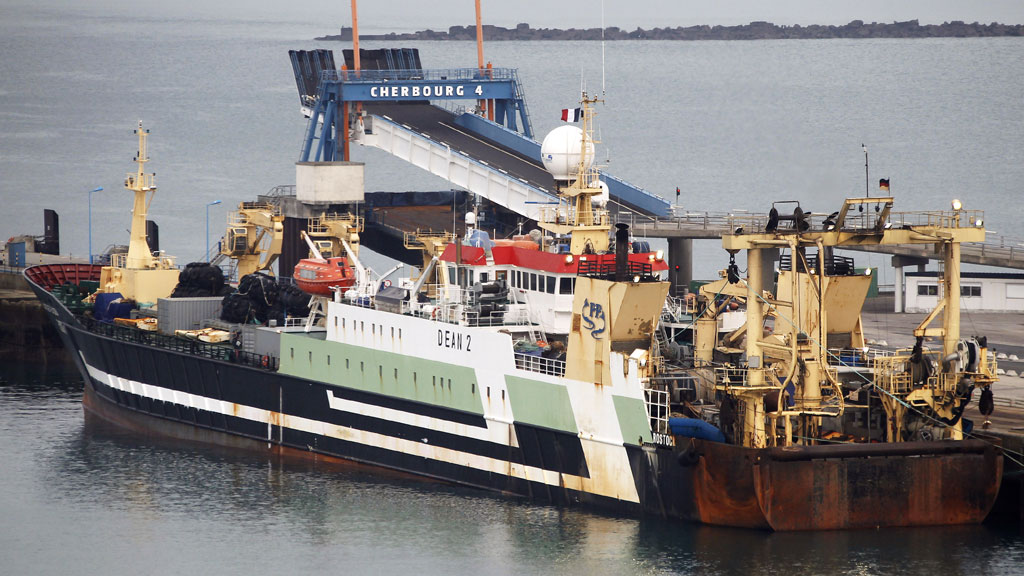Fearnley-Whittingstall welcomes fish dumping ban
Celebrity chef Hugh Fearnley-Whittingstall applauds an EU agreement to phase out fish discards, but says the “devil is in the detail”.

Mr Fearnley-Whittingstall, whose campaign to ban fish dumping has attracted 850,000 signatures, said the fight was not over yet.
“What they agreed last night is weaker and harder to enforce than the ban our MEPs in the European Parliament voted for, with a huge majority, three weeks ago,” he said.
“There’s now going to be weeks of negotiation to reach a final deal, and we will be fighting to strengthen those details and support our MEPs who want to see a discard ban that does the job it is supposed to.”
EU fisheries ministers agreed a phased ban on discards, the practice of thowing dead, unwanted fish back into the sea to satisfy EU quotas on how many fish can be landed.
The deal they reached is not as strong as the European Parliament and British government had wanted, but UK Fisheries Minister Richard Benyon described it as “a historic moment in reforming the broken Common Fisheries Policy (CFP)”.
‘Scandal’
He added: “The scandal of discards has gone on for too long and I’m delighted that the UK has taken such a central role in securing this agreement.
“I am disappointed that some of the measures required to put this ban into place are no longer as ambitious as I had hoped, but it’s a price I am willing to accept if it means we can get the other details right.”
Final details still need to be agreed by MEPs, who earlier this month overwhelmingly backed the biggest ever reforms to the EU’s CFP.
The European Commission says discards mean that almost a quarter of all fish caught in European waters is being dumped at sea.
Concessions
The biggest resistance to fisheries reforms on the scale demanded by MEPs came from France, Portugal and Spain. These countries won some concessions, including the right for crews operating a long way from land to continue to discard a small proportion of their catch.
The broad agreement means herring and whiting discards will be banned from 2014, with white fish included from 2016.The British government had wanted white fish to be included from 2015.
Fisheries ministers also slightly watered down what MEPs had voted for, by deciding to phase in the ban and allow greater flexibility on quotas.
Bertie Armstrong, chief executive of the Scottish Fishermen’s Federation, said: “Ministers seem to have taken care to agree upon a practical plan that would work for the fishing industry and we are pleased that a more realistic timescale for the implementation of a discards plan was agreed.”
Mr Armstrong said the deal meant fishermen would be able to land more fish, adding: “Whilst this agreement is an important first step in ensuring the practical introduction of a discards ban, it should be recognised that huge challenges remain for the industry in its implementation that will require major changes in the way that fishermen operate.”